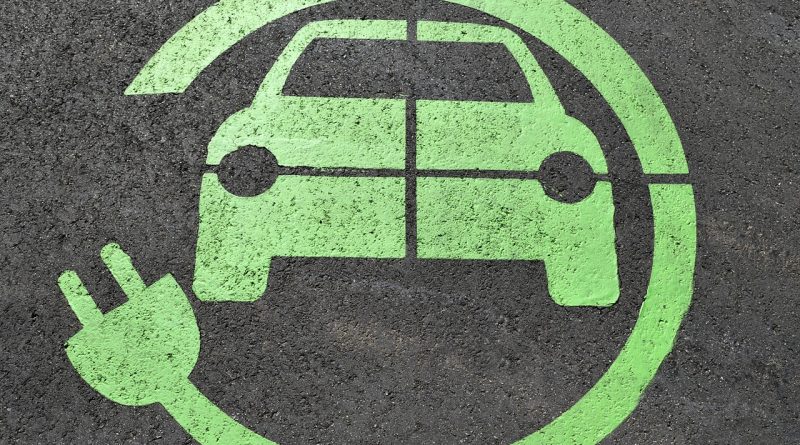Arlington Heights: Volvo working hard to better its fuel cells, electric vehicles
Research, albeit exciting, can be a scary task for a company to initiate. The term research suggests studying something in order to answer questions in which you don’t previously know the answer. For companies, particularly automotive manufacturers, research can mean money spent with no new technology discovered in return. In essence, this means lost money and wasted time. This fear of the unknown is perhaps intuitive into why the recent explosion of alternative fuel technology has been such a long time coming. Such research is expensive and no research guarantees profitable technology.
However, as is obvious, research is important and its findings have the ability to benefit all of society. Thus, it is important that we, as a society, promote research, as well as applaud those companies willing to undertake the risky tasks. Volvo is such a company, thanks in part to help from the Swedish Energy Agency. The foreign automaker is currently investigating technology that would allow Volvo dealer lots like those of Arlington Heights Volvo and Northbrook Volvo to include long-range electric vehicles. However, the automotive company is taking a pass less traveled in its effort to understand alternative energy sources.
While so many automakers today are rapidly trying to keep their vehicles from needing any gasoline at all, Volvo is taking a different approach. While acknowledging that gasoline, when burned, is harmful to the environment, Volvo is attempting to look at the fossil fuel from a new perspective. Specifically, Volvo has been conducting research in which they are breaking down gasoline in order to create hydrogen gas. In a Volvo released statement, a spokesperson said, “The technology generates electricity completely without any emissions of carbon oxide, nitrogen oxides, sulfur oxides and particles. Due to the highly efficient process, emissions of carbon dioxide are significantly reduced compared with a conventional vehicle. The end products are electricity, water and a small amount of carbon dioxide.”
Volvo is attempting the breakdown of gasoline into hydrogen by way of a fuel cell equipped with a reformer. However, the company has noted that it is still very early in their research and nothing can be said definitively about progress. Thus, the possibility of the technology is still several years from market. The company has said they hope to incorporate the new technology into two new chassis’, which are to be based on the current Volvo C30 DRIVe Electric model by 2012.
So for the moment, no such technology is available for purchase in a vehicle at any Volvo lot across the country, including Arlington Heights Volvo and Northbrook Volvo dealerships. And since this technology is still in the research stage, there is no guarantee that fuel cells coupled with a reformer that breaks down gasoline in order to form hydrogen gas will ever be a method by which our vehicles run. However, Volvo should be praised for coming up with such an outside-of-the-box idea and then having the courage to conduct the necessary experiments needing to test their thoughts. After all, it is from such spirited pioneering that man uncovers applicable technology that changes the way the world works.


